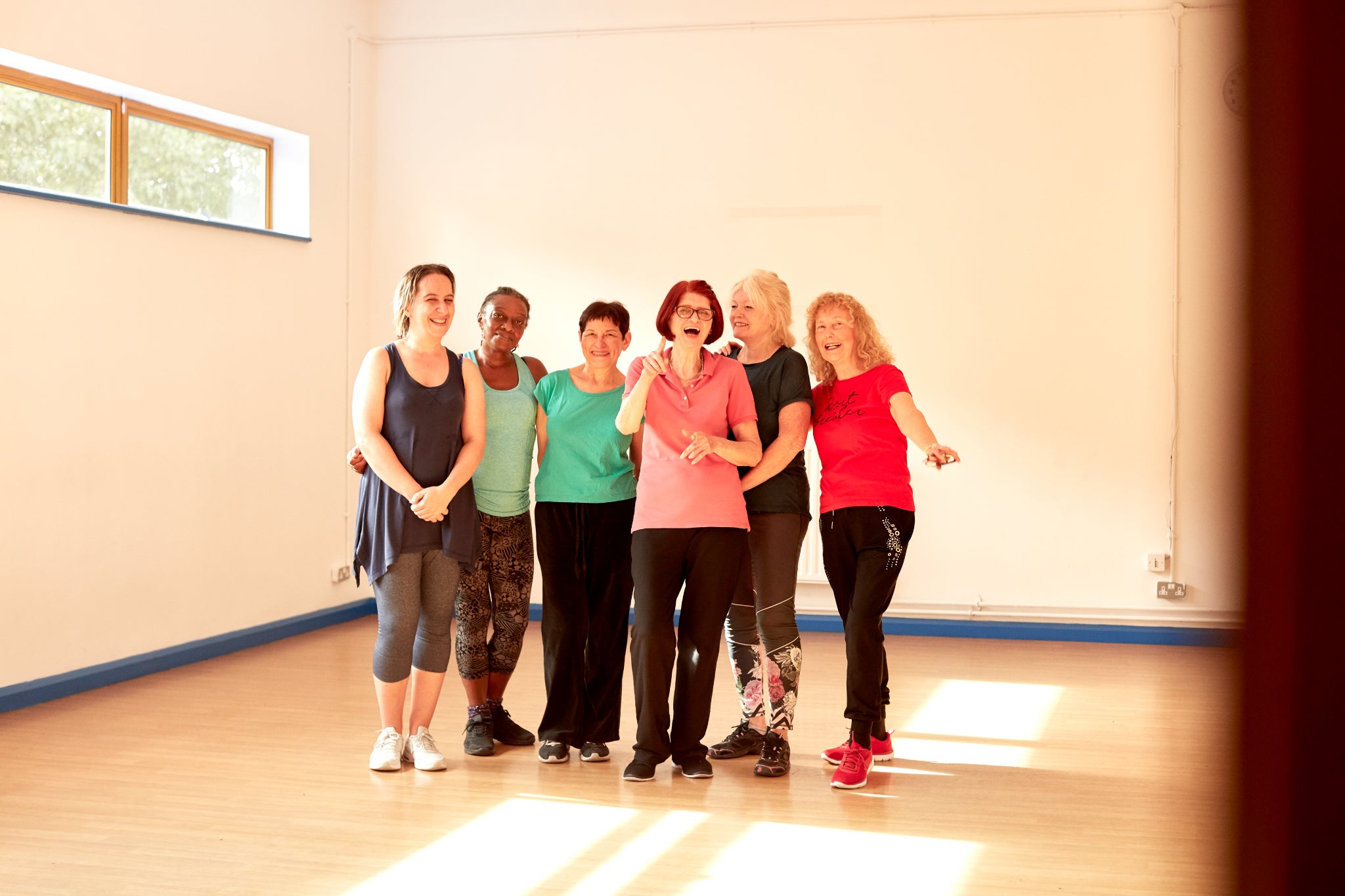Women in lower-paid jobs twice as likely to be inactive than those in senior roles, research shows
Research from Sport England has also revealed that women of different ethnicities, including black women and those of South Asian heritage, are more likely to do no exercise than white British women

Women in lower-paid, routine jobs are almost twice as likely to be inactive as women in senior and managerial roles, new figures have shown.
Research from Sport England has also revealed that women of different ethnicities, including black women and those of South Asian heritage, are more likely to do no exercise than white British women.
The grassroots funding agency’s latest findings explain that a mix of practical and emotional pressures, such as a “lack of time, fear of judgement and lack of confidence,” discourage women from taking part in physical activities.
Specifically, Sport England’s Active Lives study showed that one in three women in more routine jobs do less than 30 minutes of exercise a week, compared to about one in six of women in more senior positions.
Overall, one in four white British women is inactive but that rises to one in three women from black or South Asian communities.
In response to the findings, Sport England has announced the next phase in its ‘This Girl Can’ campaign, which was launched in 2015 to close the gender exercise gap. The ‘Fit Got Real’ campaign will try to tackle the gaps between women of different ages and ethnicities, and will emphasise them doing exercise their own way.
Sport England chief executive Jennie Price said: “There are some stark inequalities when it comes to different levels of exercise amongst women in England.
“Many of the pressures of modern life do not make it easy for women to have the confidence and motivation to be active. The health and wellbeing benefits of being active should be available to all women, and that is why we have a new message – Fit Got Real – to celebrate the creative and often unconventional ways many women are fitting exercise into their busy lives.”
Caroline, who stars in a new film that will be available on the ‘This Girl Can’ website, said: “As a full-time carer I rarely have time to myself and am often under a lot of pressure both emotionally and physically.

“At the end of the day, I always felt I was either too tired, didn’t have enough time or wasn’t motivated enough to exercise. But, one day I realised how important it was (for my mental and physical health) to spend some time on myself and, with the help of my friends and support groups in the community, I could see a way out!
“Rather than spending half an hour watching TV, I now get out to a dance class or over to the trampoline classes at the local community centre. Even if it’s a quick run up and down the garden, it’s better than nothing!”
The ‘This Girl Can’ campaign has so far inspired 3 million to get active since launching in 2015.
Subscribe to Independent Premium to bookmark this article
Want to bookmark your favourite articles and stories to read or reference later? Start your Independent Premium subscription today.


Join our commenting forum
Join thought-provoking conversations, follow other Independent readers and see their replies
Comments